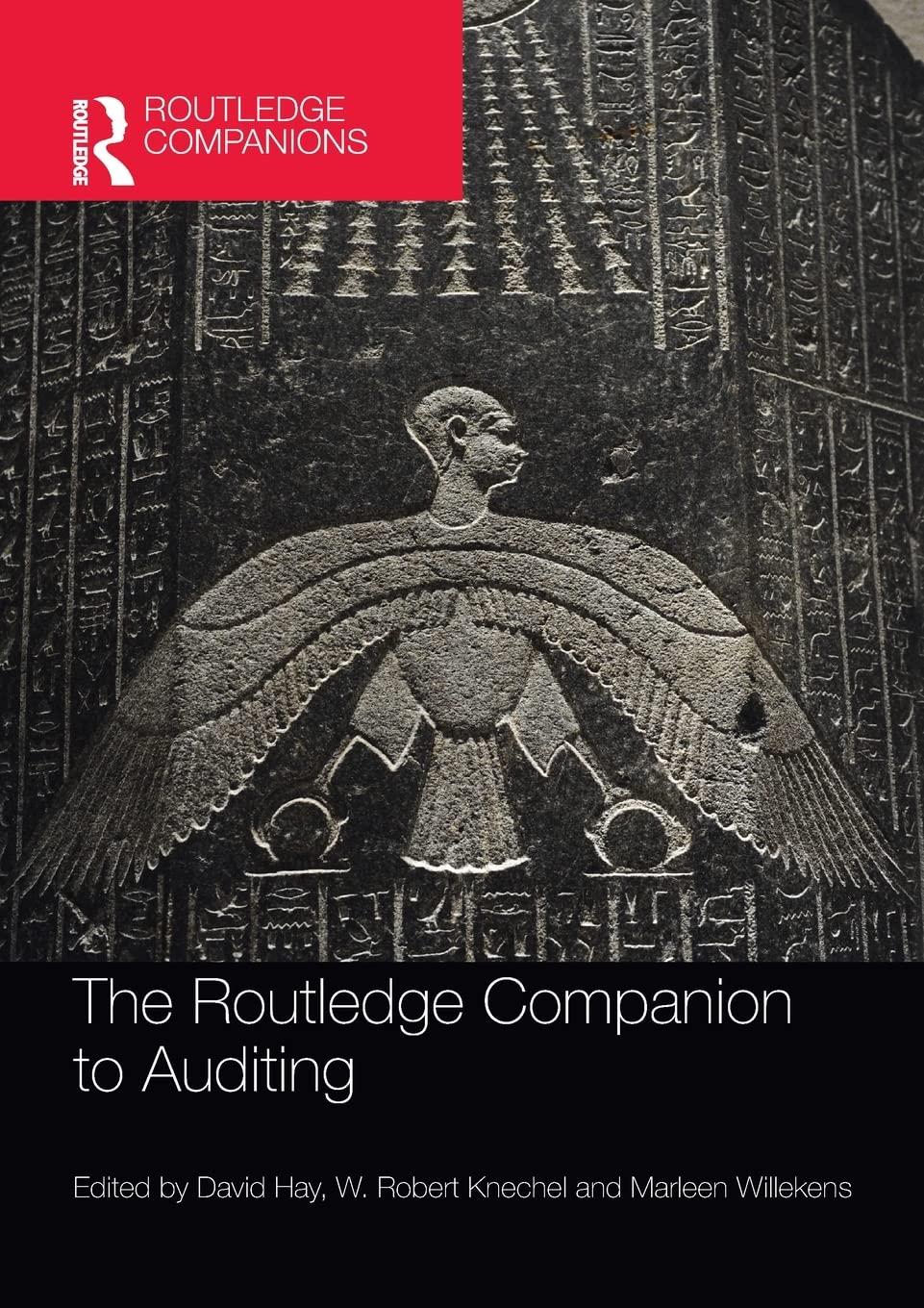Answered step by step
Verified Expert Solution
Question
1 Approved Answer
1. Under IFRS, methods for equity investments reporting are designed primarily based on a: Ownership percentages Investment objectives Information reliability All of above 2. Which
1. Under IFRS, methods for equity investments reporting are designed primarily based on a:
Ownership percentages
Investment objectives
Information reliability
All of above
2. Which of the following statements is NOT true?
- The acquisition method is always a better method for consolidation than cost or equity method.
- The entity theory could be preferred over the parent company extension theory since it takes a full consideration of NCI.
- The fair value approach is designed to report profits earned from equity investments.
- Managers theory/method selection for consolidation will not cause any economic impacts on investment decision-making under the market efficiency hypothesis.
3. Which of the following statements is true?
- Using cash payment for acquisition will result in the same reporting of identifiable net assets as share payment.
- Using price paid by the Parent to value shares not acquired will always result in a lower debt/equity ratio than using market price.
- Using the entity theory must result in a reporting of higher NCI than using the parent company extension theory.
- Using fair value approach will always result in a reporting of higher equity investments than cost method.
4. Which of the following statements is NOT true?
- Total acquisition differentials could depend on the acquirers bargaining power.
- Total acquisition differentials could be higher when subsidiaries report goodwill, other things being equal.
- Total acquisition differential will not be affected by the Parents contingent liabilities or assets resulted from the business combination.
- Total acquisition differential could represent no impacts on consolidated earnings.
5. Which of the followings is true?
- Consolidated statements are independent of the subsidiarys ownership structure.
- Financing policy for acquisition transactions is irrelevant to consolidation.
- For each business combination, managers need to select among the two allowable theories for consolidation (i.e., entity vs. parent company extension theory).
- None of above
Step by Step Solution
There are 3 Steps involved in it
Step: 1

Get Instant Access to Expert-Tailored Solutions
See step-by-step solutions with expert insights and AI powered tools for academic success
Step: 2

Step: 3

Ace Your Homework with AI
Get the answers you need in no time with our AI-driven, step-by-step assistance
Get Started


